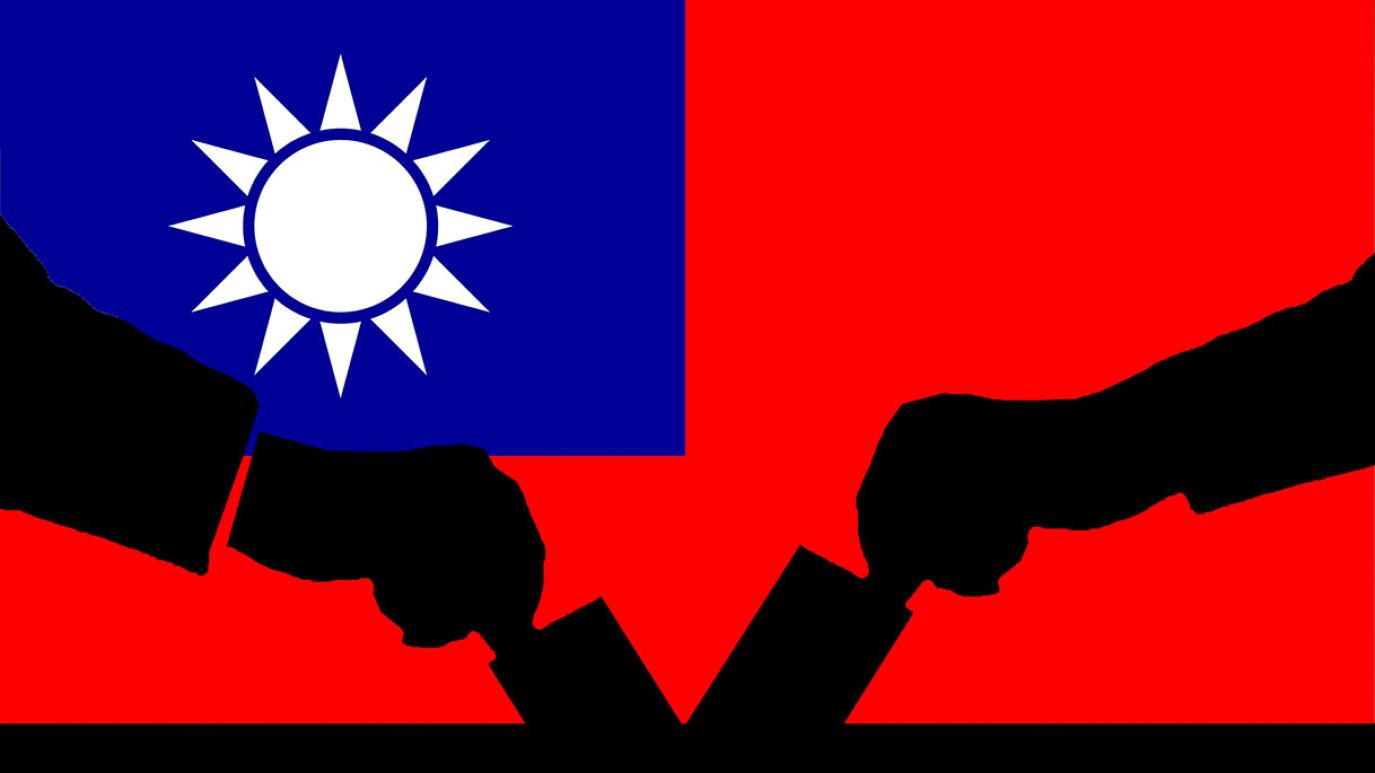Pamir Strategic Insights Issue 2: Taiwan President-elect's victory formula

Taiwan Vice President William Lai’s (LAI Ching-te) election victory on 13 January marked the first time since Taiwan started direct presidential elections in 1996 that a party will hold the presidency over three consecutive terms. Lai’s success can be attributed to three main factors:
- Opposition parties failed to form a coalition.The Kuomintang (KMT) and Taiwan People’s Party (TPP) challengers split their support, allowing Lai, the candidate of the ruling Democratic Progressive Party (DPP), to win with 40% of the vote.
- Lai’s Taiwan identity message resonated with voters.Lai’s DPP campaign advocated that the election was about keeping Taiwan’s own identity and a “a choice between democracy and autocracy.” In contrast, the opposition KMT and TPP echoed Beijing’s warning that the election was a “choice between peace and war”; however, Taiwan voters have become desensitized to such warnings and the mainland military threat. Lai also moderated his staunchly pro-independence advocacy and promised to maintain the status quo, reflecting the majority of the Taiwan people’s aspirations.
- Lai successfully deployed the message of international support for Taiwan. International support, particularly US support, was an unspoken but important factor in many voters’ minds. The DPP record of strengthening ties with US and Western allies over the past eight years and Lai’s pick of HSIAO Bi-khim as his running mate reinforced the idea that the DPP can maintain US support for Taiwan. Hsiao, once an American citizen, was Taiwan’s representative to the US and is known for having strong ties among US political elites.
Taiwan voters nonetheless expressed their displeasure over the DPP’s domestic policies. Lai’s support fell far below his predecessor’s victories in 2016 (56.12%) and 2020 (57.13%). Consequently, the DPP lost 10 seats in the legislature and hence its legislative majority. With no party holding a mandate, the TPP will act as “kingmaker” in the legislature, which will be sworn in on 1 February:
- DPP51 seats (-10)
- KMT 52 seats (+14)
- TPP 8 seats (+3)
Taipei has limited latitude and leverage. The DPP does not have a mandate for major change, and the US opposes any change in the status quo by either side of the Taiwan Strait. Pamir assesses that Lai’s administration is likely to continue the DPP’s “salami slicing” tactics associated with Taiwan independence — that is, administrative changes — but will not take dramatic actions like constitutional amendments or a country name change. Taiwan’s new administration will also continue to push for more economic decoupling with the mainland and wider engagement with the West, but Taiwan’s extensive investments in and economic reliance on the mainland ultimately will limit such efforts. Read more in Pamir Strategic Insights issue 3.
China’s 5G influence in developing economies
China’s Belt and Road Initiative and its digital counterpart, the Digital Silk Road, threaten to displace US telecom and tech companies in developing economies in Africa, Latin America and the Middle East. How can US operators and network providers stand up to the challenge?